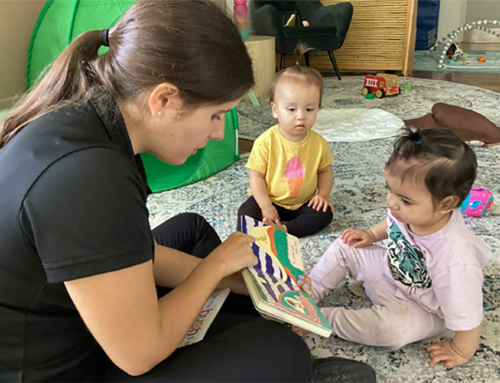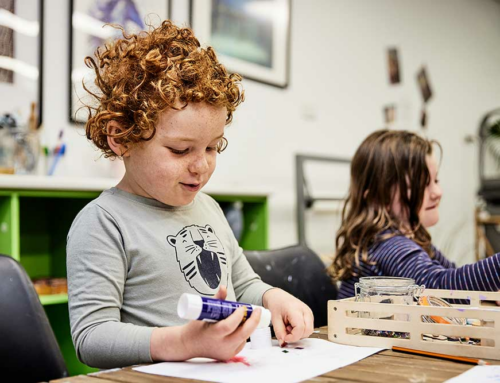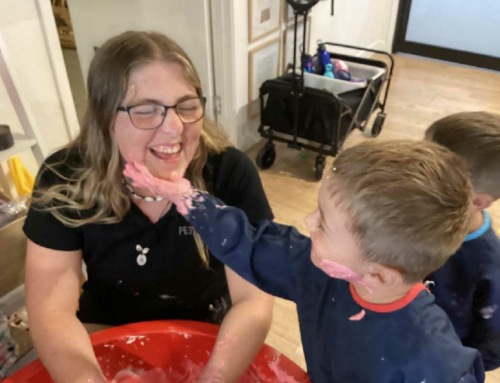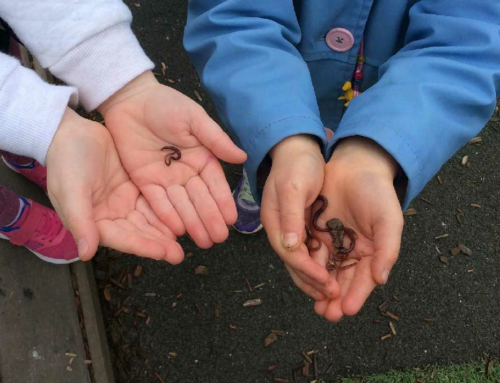There’s no instant cure to make your child feel better. It doesn’t matter if they have a cold, headache or a cough, when your child feels sick it can be a heart-wrenching time. But while you can’t wave your magical want to heal them, you can help your sick child feel more comfortable.
If you’re concerned about your sick child, you should check with your general practitioner (GP) or paediatrician first. Before giving your child any medicine or if you suspect the flu, ask your GP for advice. The after hours GP Healthline is also available in Australia on 1800 022 222.
Here are a few strategies to care for an unwell child:
- How to make your child feel better when they’re sick
- Show them how to stop spreading germs
- When your child feels sick, diarise their symptoms
- What to keep in your home care first aid kit
- How your child can avoid getting sick.
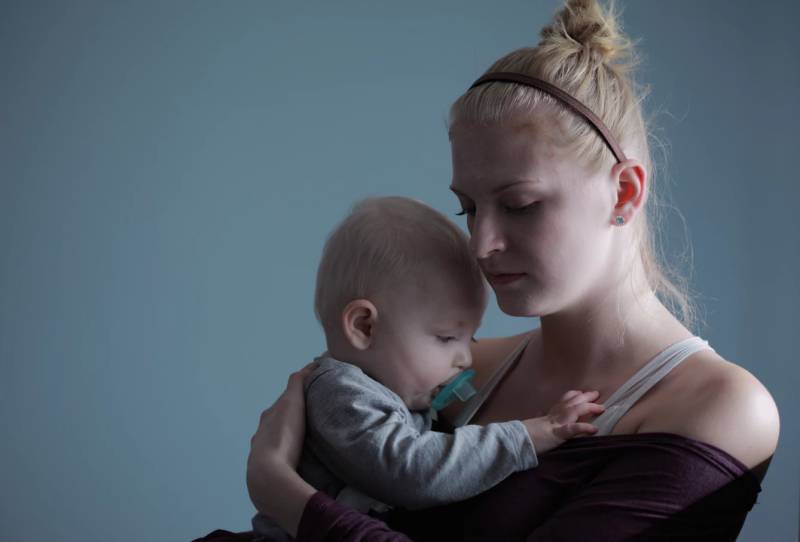
How To Make Your Child Feel Better When They’re Sick
Every parent wants to do their best for their child. When your child’s sick that can mean holding their hand or giving them cuddles. A simple gesture like sitting with them or reading a book can make all the difference. Being there for them can make your child feel better.
As the cliche goes, rest is often the best medicine. Children need between 10 to 14 hours sleep a night. When they’re unwell, your child may need even more sleep. So, turn off the digital devices and the television. Let your child’s body and mind heal with some well-needed rest.
You can also help make your child feel better by:
- keeping them hydrated
- nursing more if you’re breastfeeding
- preparing simple foods, if on solids, like chicken soup, fluffy rice or ripe bananas
You can also distract your child when they’re not sleeping with such things like:
- Reading
- easy card or board games
- puppeteering or
- playing “hospital” with sick toys.
This will help to take their mind off how they’re feeling.
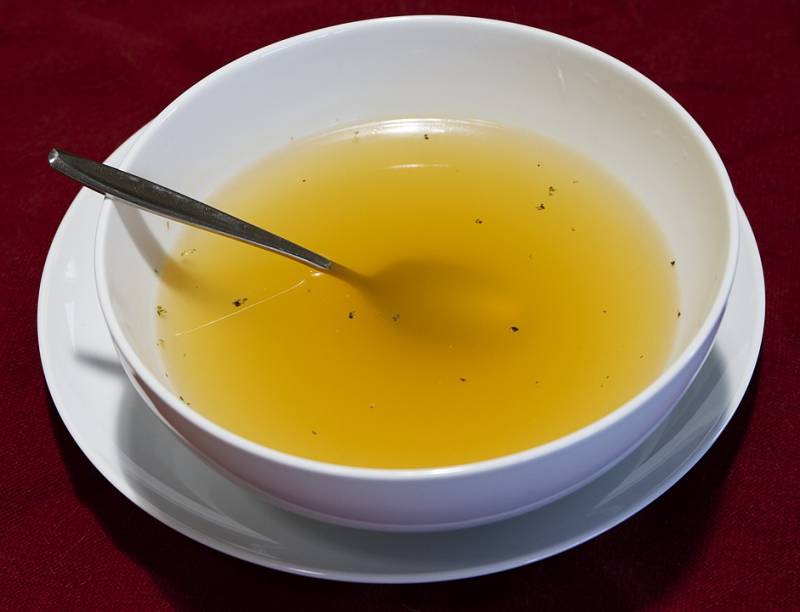
Show Your Child How To Stop Spreading Germs
Don’t wait until your child is ill to show them how to stop spreading germs. However, when they’re unwell, it’s a good time to remind them and yourself of how you can reduce the spread of germs.
Starting good habits early and reinforcing them will help contain disease. It can also prevent your child and you from getting colds, coughs and even fight against the spread of the flu.
Encouraging your child to develop these five habits can help stop the spread of germs:
- Wash hands thoroughly for 20 seconds or so
- Dispose of tissues carefully, don’t leave them lying around
- Sneeze or cough into elbow rather than hands to reduce germs spreading
- Don’t share personal items, like toothbrushes or hairbrushes
- Avoid close contact with sick people.
You should also disinfect the surfaces of your home regularly and consider quarantining your sick child if you have siblings. But don’t worry if you can’t prevent the disease from spreading in your household. Many colds and illnesses are contagious well before symptoms arise.
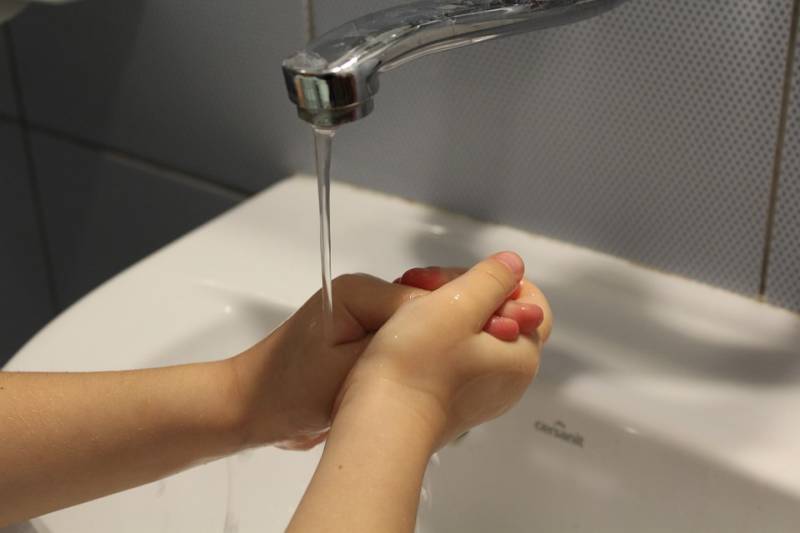
When Your Child Feels sick, Diarise Their Symptoms
Keeping a diary up to date isn’t easy, but with a medical diary you don’t have to rely on your memory for everything. Ever go to the doctors and wonder if you’re getting the timeline of the illness right or leave and realise you forgot to mention something important?
A simple notebook or digital alternative will do for recording your symptoms when your child feels sick. Things you should record include:
- Symptoms – what was the symptom, how long did it last, severity
- Medicine – record time, brand and dosage
- Food – appetite and what they ate
- Rest – times of rest, how long and quality of rest
- Temperature – a record of your child’s temperature can help you determine if and when you need to seek medical advice
- Toiletry habits – especially important if your child has diarrhoea or a urinary tract infection
Collecting this information can help your GP diagnose the illness and determine the right course of action to help your child feel better.
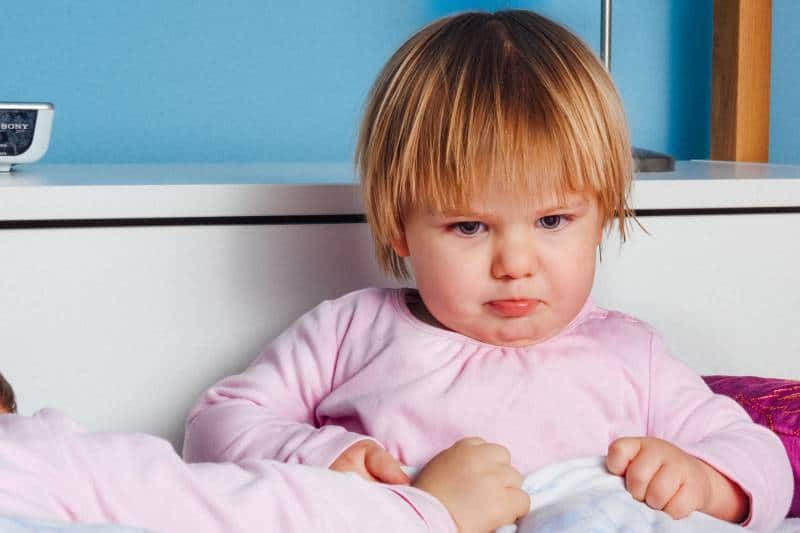
What To Keep In Your Home Care First Aid Kit
A home care first aid kit is not just good for emergencies like falls and scratches, it can also help in times of colds, headaches and coughs. You can purchase a first aid kit for your home that comes with all the essential items you need from your local pharmacy or chemist.
A well-stocked home care first aid kit should also be kitted with a reliable digital thermometer. A digital thermometer is handy when dealing with sick children. You’ll want to keep an eye on their temperature at regular intervals to make sure it doesn’t go too high or to know when it breaks.
A temperature of 38 Celsius or higher is considered a fever in a child. Increasing the body’s core temperature is the body’s natural reaction to fight germs and infections.
Depending on the length of the fever and your child’s discomfort, you should decide whether or not to give them paracetamol or ibuprofen. How much you give will depend on the age and weight of your child and advice from your GP. The goal is to make your child feel comfortable.
Most liquid medicines containing paracetamol or ibuprofen need to be stored in a cool environment like a fridge, but it doesn’t hurt to add it to your first aid kit checklist. You’ll want to keep it on hand and regularly check for expiry dates.
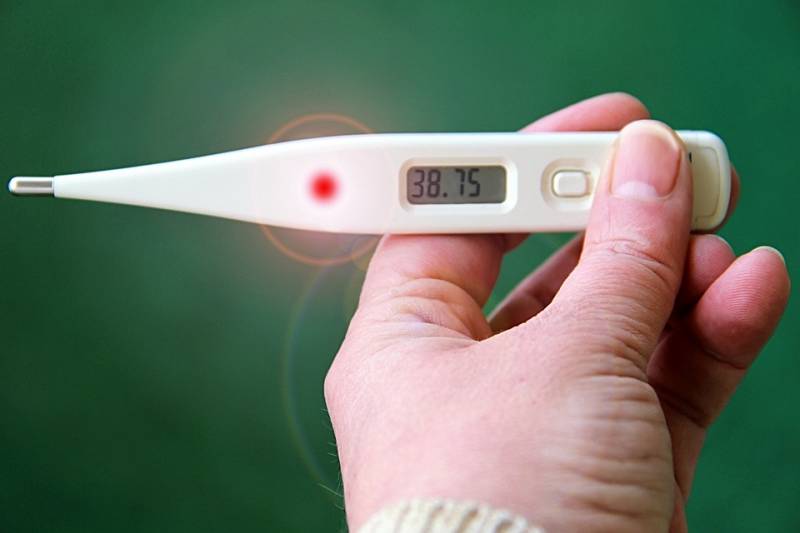
How Your Child Can Avoid Getting Sick
We’ve already mentioned a few strategies that can be used to prevent the spread of illness. Some of these actions can also help your child to avoid getting sick. To recap:
- Wash hands thoroughly (about 20 seconds)
- Don’t share personal items with another child
- Avoid close contact with other sick people.
But there are some other things that you and your child can do to help you evade illness:
- Make sure your flu shots and other vaccinations are up to date
- Eat healthy nutritious meals
- Replace juice and soft drinks with plenty of fresh water
- Add twenty minutes of regular exercise to your child’s day
- Maintain a daily personal hygiene routine.
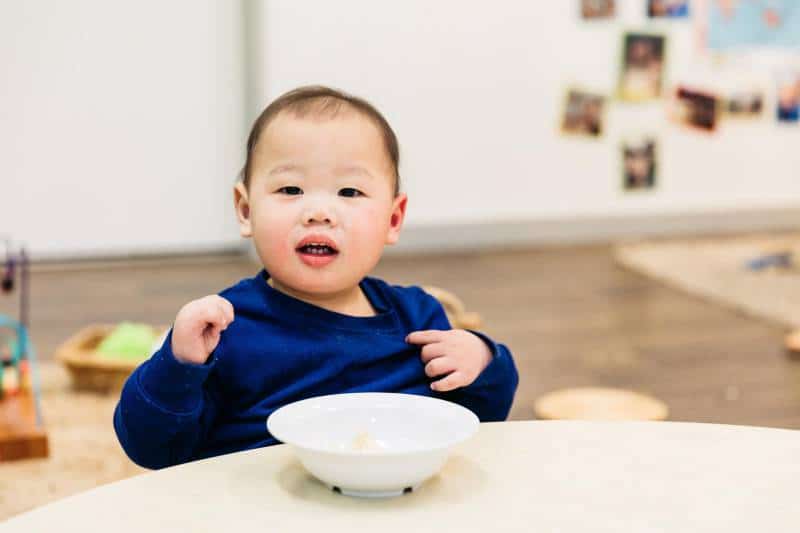
Download Our Family Handbook Which Covers Our Policy On Taking A Sick Child To Daycare
We often get asked by parents if they can take a sick child to daycare. Every daycare or carer will have their own policies for dealing with sick children.
Generally, if your child is ill, we ask that you keep your child at home where you can give them the attention they need. You should ask your daycare or child care centre about their policy for sick children. Petit Early Learning Journey’s sick child policy is outlined in our Family Handbook.
You can download it now or book a tour to visit your nearest centre.

